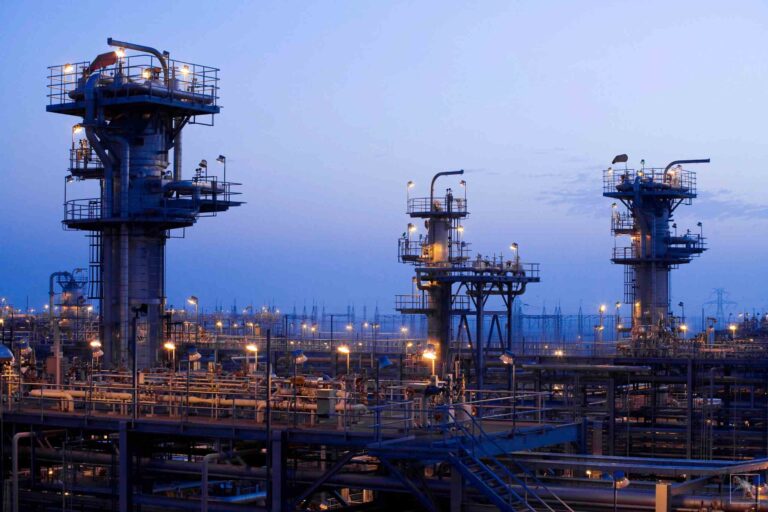A report by the Helsinki think tank Crea explains the “recycling” system that sees Western countries circumventing sanctions to Russia following the invasion of Ukraine.
Russian crude oil exports have increased by 140 percent to China, India, Turkey, the United Arab Emirates and Singapore. Which in turn sell refined products to the countries that imposed the stop.
Table of Contents
Russian oil exports: how the Western circumvention works
Over the past year, oil and gas revenues of Russian companies have steadily declined. In April 2022, Moscow was billing more than 1.1 billion euros a day from fossil sources, today half that.
But not everything is going as Western governments imagined when they imposed sanctions against the Kremlin.
The reason is that the Western countries that have imposed the economic retaliation against Vladimir Putin have at the same time become major players in a massive sanctions circumvention scheme against Russian oil.
A report by the Helsinki-based Centre for Research on Energy and Clean Air (Crea), affirms this. Crea is a think tank that has been studying commodity exports from Russia for the past year.
This mechanism is technically legal, and there are no illegal operations or false invoicing. There are, however, triangulations with large emerging countries, which allows the European Union, Britain, Australia, the United States and Japan to essentially violate Russian oil measures.
The Russian oil exports boom in five countries
If the intention was to reduce the revenue with which the Kremlin finances the war, the democratic countries are acting in contradiction to their own goals.
Since the start of the aggression against Ukraine, the quantities transported by oil tankers from Russian ports exploded by 140 percent to five countries that do not apply the sanctions: China, India, Turkey, the United Arab Emirates and Singapore.
In parallel, these five countries sharply increased shipments of refined products, diesel and jet fuel to all the major countries that, by contrast, keep Russia under sanctions.
Shipments of oil derivatives from China to democratic systems have grown in the past year by 94 percent. From Turkey by 43 percent. From Singapore by 33 percent. And from the United Arab Emirates by 23 percent.
Overall, in the first year of the war, what the Crea study center calls a “recycling” of Russian crude oil through emerging powers and to democracies takes place. With sales of refined products increasing by 10 million tons and 18.7 billion euros.
Much of the increase occurs after Dec. 5, when the European embargo is triggered and G7 democracies indicate a $60 per barrel cap on Russian crude purchases for those who do not enforce sanctions.
Between Dec. 5 and Feb. 24, democracies imported nearly 13 million tons of refined products from countries Crea calls “recyclers,” worth 9.5 billion euros. The top of this ranking are (in order) Australia, the United States, Japan, Britain, the Netherlands and France.












